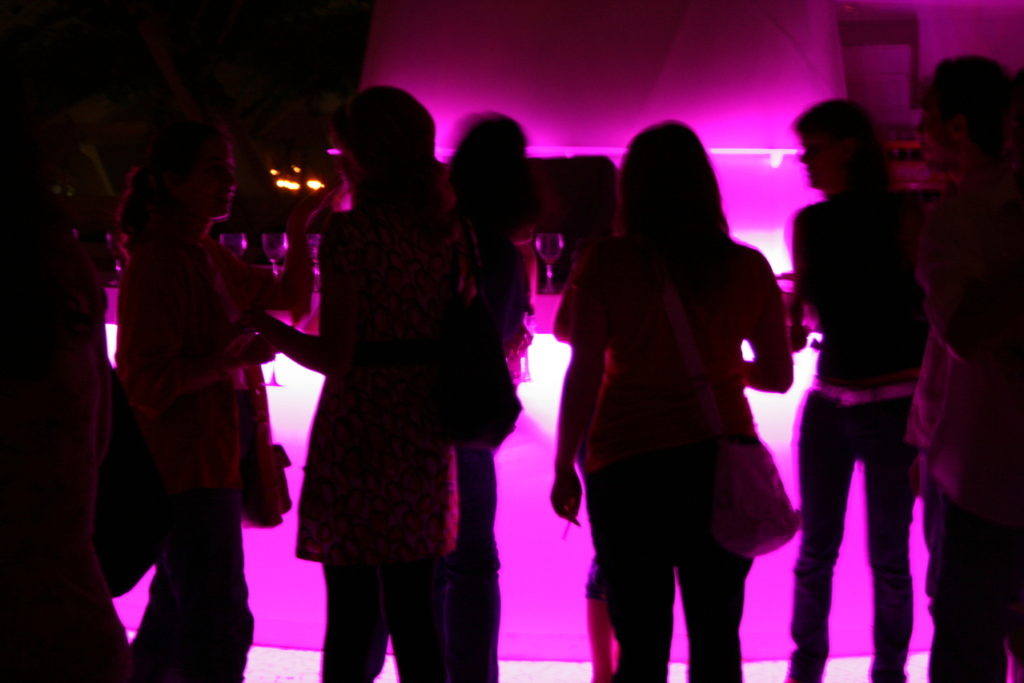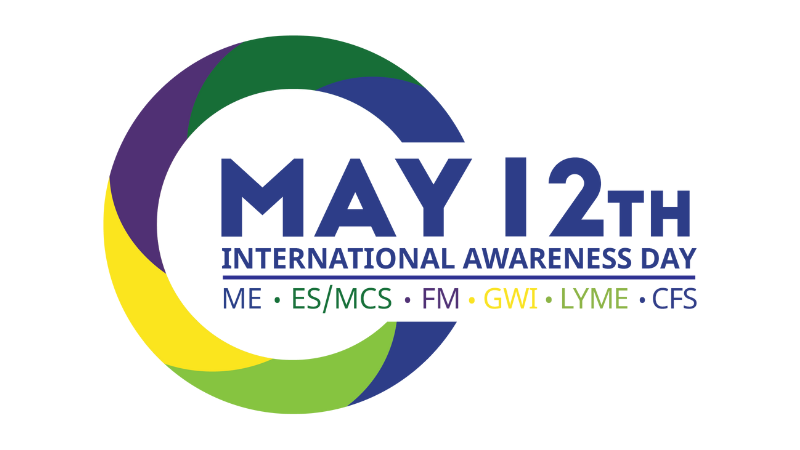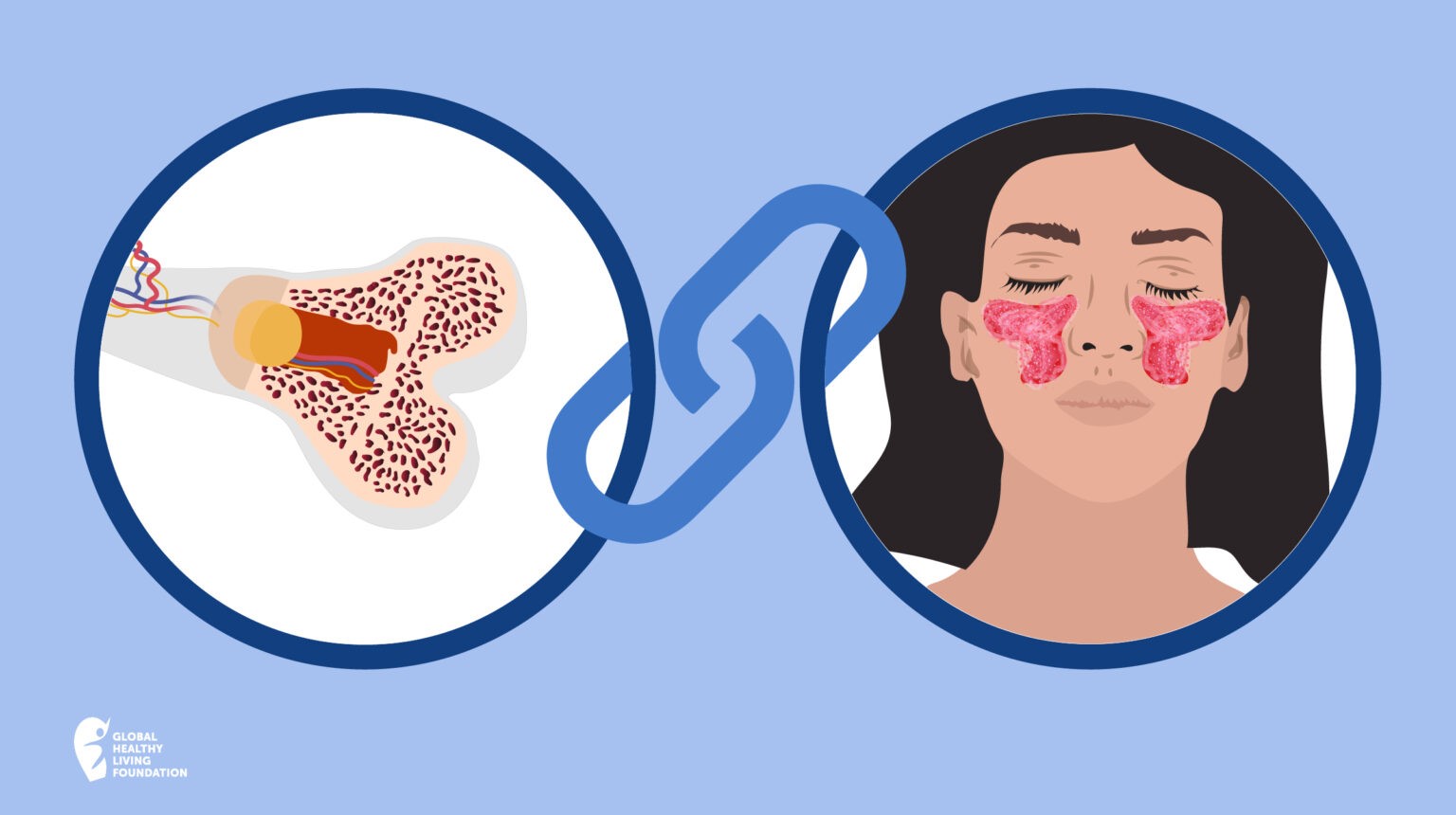

Recently, my social life has been quite busy (unusual for me these days). My sister turned 50, my dad turned 80, a friend had a baby shower and I’ve had a number of other catch-ups with friends.
I work from home, but I also manage to get out of the house regularly with two different weekly exercise classes, two different monthly support group meetings, grocery shopping and various other bits and pieces.
Nothing extraordinary there, I hear you say. But wait! I also have rheumatoid arthritis (RA), fibromyalgia and type 2 diabetes along with other related conditions and side effects. These give me fluctuating and unpredictable levels of pain, strength and energy.
At home, I have routines that help keep these symptoms relatively stable. I have frequent rest breaks during the day. I don’t stand or walk for long periods and I wait until I feel up to it before attempting physical tasks like vacuuming. I also have control over the foods I eat so I avoid excess sugar, overly-processed foods and gluten. (I don’t have coeliac disease but I am trying it to see if it helps with my overall energy and vitality – so far, so good.)
A lot of that attempted stability disappears when I go out with others.
Don’t get me wrong, I want to go out. I enjoy celebrating big events and seeing my friends.
But…
There are always consequences.
Limited Energy Supply
Some of you may be familiar with the Spoon Theory1. The idea behind it is that people with chronic illnesses only get a limited supply of energy (or spoons) each day. We have to ration our energy so it lasts until we go to bed. If we use too many spoons, we’ll have less to use the next day. When simple tasks like taking a shower or preparing a meal can use five per cent of our spoon supply, we can run out before the end of the day if we are not careful.
Choices and Dilemmas
It doesn’t matter if it is a big event (like a 50th birthday party) or meeting friends in a café – whenever an invitation comes up, or I consider planning something myself, my brain starts firing a long string of questions.
- How will I get there and how much physical activity will that involve?
- Will I have to stand or walk for more than around 10 minutes at a time?
- Will there be somewhere for me to sit? If I sit down, will I still be close enough to join in conversations?
- If it’s a party, will I be able to dance if I feel up to it that day? If I do dance, how will that affect me the next day? (Will it use too many spoons?) Should I forget about dancing and just watch everyone else?
- Will the selection of food and drinks suit my needs? What will I do if they don’t?
- What can I wear that’s comfortable but still reasonably dressy? Shoes are a problem for me as I have big feet and big orthotics plus RA in my toes and ankles. I usually live in sports shoes or plain lace-ups. I can wear sandals or low heels but only for short periods and only if I can sit down most of the time. I only choose the rest of my outfit after I select a pair of shoes so, if I have to wear the bulky lace-ups, that limits my clothing choices further.
- What about jewellery? Rings and bracelets are out thanks to RA, too. Even those with easy-to-use clasps still feel uncomfortable to wear.
It doesn’t end there, either. There is so much more…
- Will I need extra pain and anti-inflammatory medication to get me through?
- What will happen if I had a drink or two? Will this make my medications less effective?
- How much pain will I be in afterwards and how many spoons will it cost me?
- How many hours or days will I need to rest before and after? (It’s never “Will I need to rest?” – that’s a given!)
Finally… will I tell anyone how I feel on the day? If so, who? And what will I say to them anyway? If I say I need to leave early or I can’t go at all, will they understand or will they be upset with me?
How I Plan For the Unknown
My friends sometimes tease me about the size of the bag I carry and all the stuff that’s in it. I’ve always been over-zealous in that area but now I have more method in my madness.
This is what you’re likely to find in my bag on any given day.
- My accessible parking permit. I only use it when I really need it but I do use it (and often get blatant stares because I “look fine”).
- Pain medications.
- Anti-inflammatory medications.
- Wrapped lollies in case my blood sugar levels drop too low.
- Elastic wrist supports. I use these a lot during the day but I do feel self-conscious about wearing them in public if I am dressed up.
- Tissues – not so much for my nose, but because I regularly sweat from my face, neck and scalp, even after little exertion or on mild days, and I need to wipe it off regularly.
I Have My Conditions, But They Don’t Have Me
Despite all this, I still go out. The alternative would be to stay home and gradually become too scared to go out at all. I’m not about to let that happen! I know some people can’t physically leave the house, but I still have a choice and I choose to continue doing as much as I can, whenever I can.
I can still go to parties and other events. I want to be there to celebrate birthdays and to share a laugh and a meal with friends. If that means I have to plan my activities carefully on those days, so be it. Yes, I still get tired and frustrated but I also feel a sense of achievement afterwards because I know what it took for me to be there, even if others don’t.
Further Resources
- 1 But You Don’t Look Sick – The Spoon Theory by Christine Miserandino
- YouTube: The Spoon Theory written by and spoken by Christine Miserandino
(Please note that Christine Miserandino holds the copyright for The Spoon Theory.)




